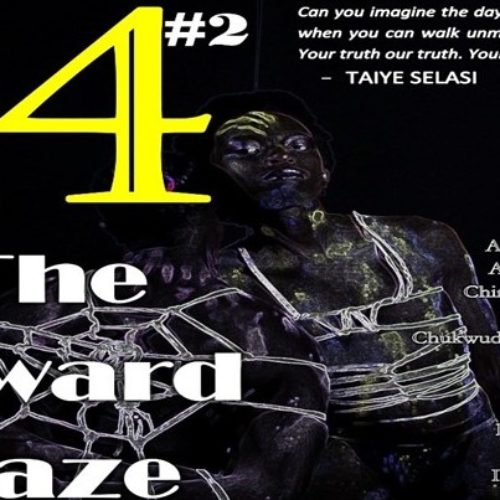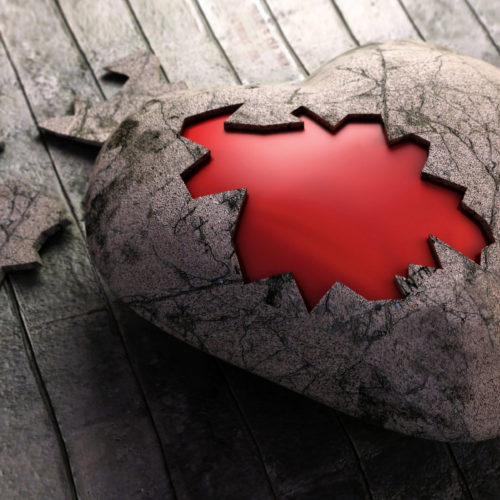THE ACTUAL CHILDREN OF BLOOD AND BONE
There are many ways Tomi Adeyemi’s Children of Blood and Bone resonated with me. There is first the obvious: the thrill of inhabiting a world woven by Adeyemi of an African fantasy storytelling that centers Nigeria. Representation is a powerful thing, and I never felt as beautiful a Nigerian as I did as I read about the adventures of Zellie and her companions in all these familiarly-named towns and cities that make up the Orisha kingdom. At some point, when reading about the Orishan Lagos, I fancied I could just be walking down a street in Ikeja and happen upon the sweeping palace of King Saran, or bump into a king’s guard wearing the famed Orisha seal.
Another aspect of this story that struck me and stayed with me were the parallels I could draw from it, as relating my life as a gay man living in Nigeria. Children of Blood and Bone is a tale about a minority race of young magic folks called the diviners, who are oppressed among their kinsmen, the non-magic folks called the kosidians, for having the unfortunate fate of being born with magic. The oppression started after the Raid years ago, when the Orisha ruler, King Saran, saw to the execution of the adult, practicing magical citizens of his kingdom called the maji. The diviners were too young and hadn’t grown into their magic, and so had their lives spared for an alternative of suffering and subjugation.
This story never fails to push into your consciousness the othering of these diviners, a minority in a larger community of kosidians, distinguishable by their white hair.
And for all their pain, their struggles, their defiance, their steady fight to reclaim their positions as equal citizens of Orisha, I saw the effeminate young man daring to step out into the harsh, unforgiving street of Lagos, clad in nothing but his skin-tight clothes and his determination to live.
I see the tomboyish, dreadlock-wearing woman with her face free of makeup, striding purposefully along her business.
I see the guy who has stepped down from a bus at a junction, his eyes darting about pensively as he tries to make up his mind about the Grindr hookup he is there to see.
I see the heavily-made-up woman, wearing a cascading weave and hurrying through her shopping, so that no one will have the time to harass her over why her shoulders appear too broad and her face too angular to belong to a female.
I see those who are brazen, open, bold. And I see those who are hiding, hesitant, lacking courage.
I see them. And I recognize them in these pages of Tomi Adeyemi’s book. And the fact that these diviners, the minorities, broke through the shackles of the oppression and their fear to achieve a victory in the end (even though I have a string beef to chew with Tomi over that damned cliffhanger), I have to wonder: will those othered in Nigeria, these minorities that are at once brave and cowardly, ever get to the point where we can claim victory over our freedom to live?
Written by Pink Panther
About author
You might also like
14: An Anthology of Queer Art | Vol. 2: The Inward Gaze
Last year, the group simply known as 14 debuted its agenda with an anthology of LGBT art and stories themed “We Are Flowers”, which was very well received. This year,
BLEEDING HEART
I saw him even before he saw me. He was an ugly man by every standard – short, scrawny and as black as charcoal. I had no interest in him
CHASING STARS
When I was 19, during my NYSC in the North, I met this guy at the bank after my CDS. For some reason, we were waiting for our turns to










3 Comments
No_el
August 15, 07:51We need our own Stonewall
Malik
August 15, 15:43Actually…
Realme
August 15, 12:49Wow … WOW… WOW
Going to reread the book again !!!!